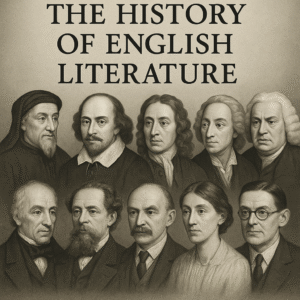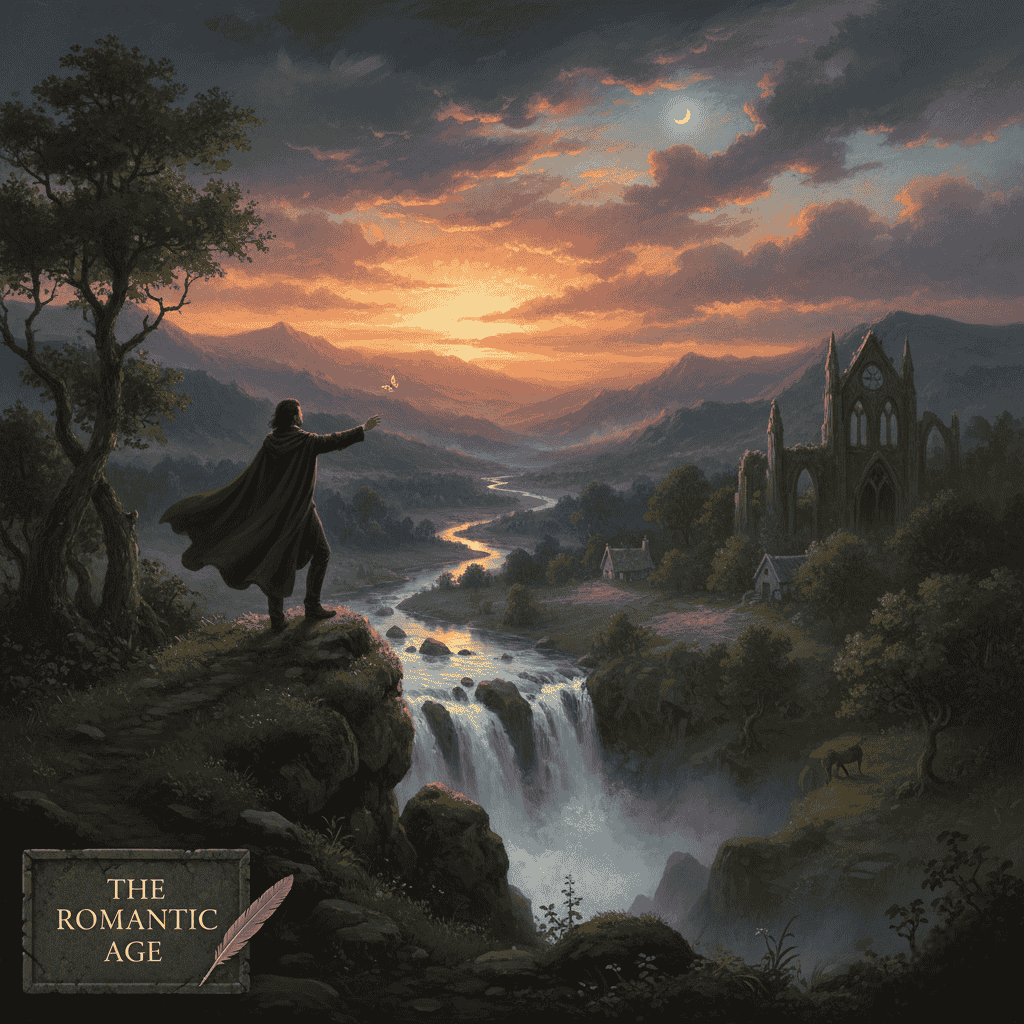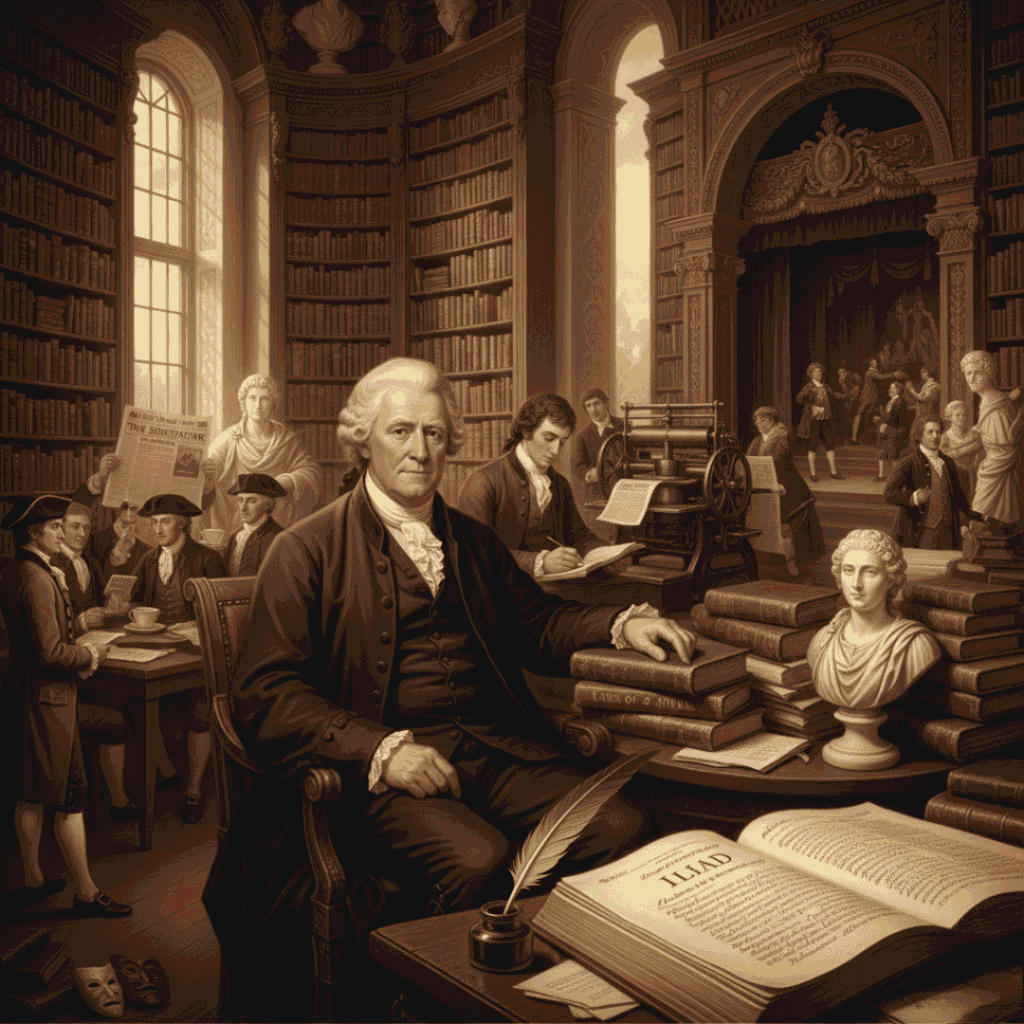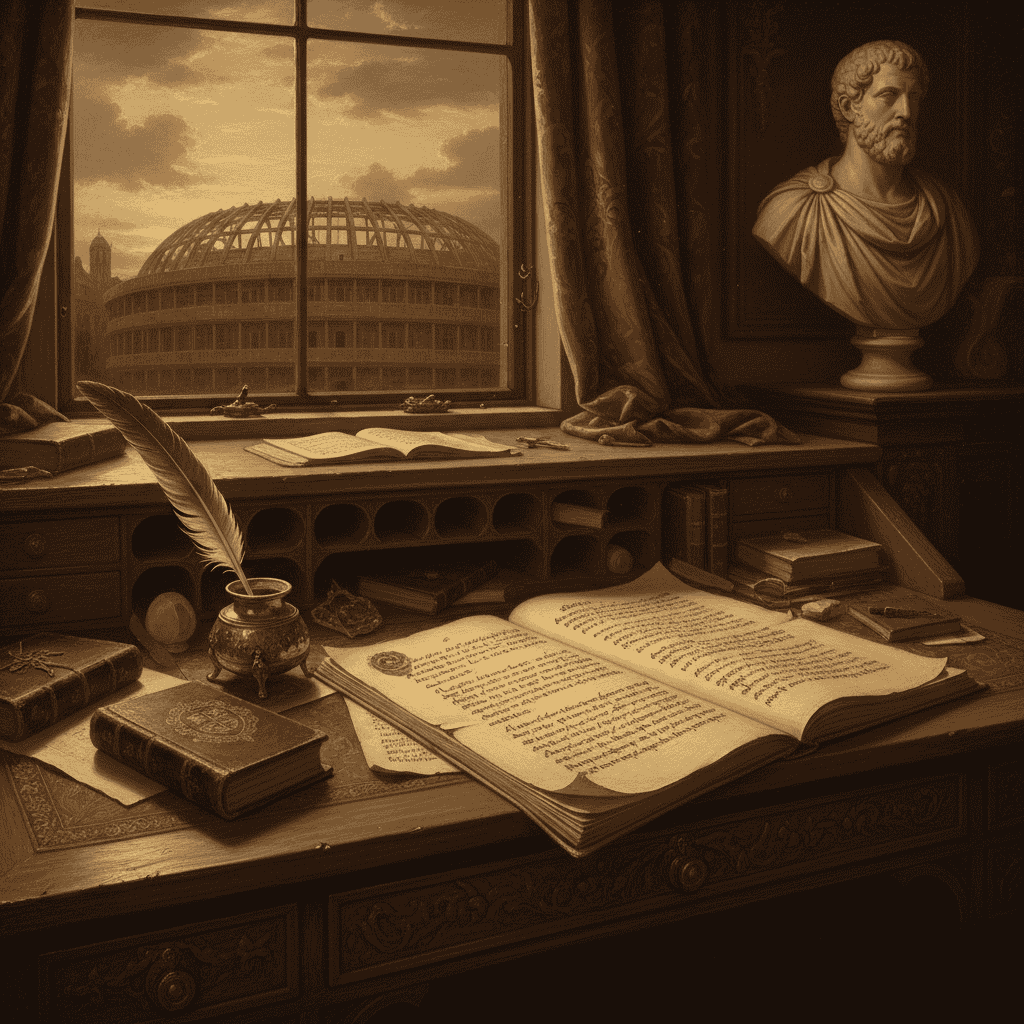Introduction to Dadaism Dadaism as modern literary movement emerged during World War I. Consequently, artists rejected logic, reason, and tradition strongly. Therefore, Dadaism as modern literary movement embraced chaos, nonsense, and chance completely. Thus, performances included sound poetry, improvisational theater, Read More …
Category: The History of English Literature

The History of English Literature offers a rich exploration of the development of literary works from the earliest Anglo-Saxon texts to contemporary masterpieces. This category provides in-depth articles, study guides, quizzes, and timelines covering key literary periods such as the Old English era, Middle English literature, the Renaissance, Neoclassical Age, Romantic Movement, Victorian literature, and Modernist innovations. Whether you are a student, researcher, or literature enthusiast, you’ll find detailed analyses of major writers like Geoffrey Chaucer, William Shakespeare, John Milton, Jane Austen, Charles Dickens, and T.S. Eliot. Discover how historical events, cultural movements, and philosophical ideas shaped the evolution of English literature over the centuries. Enhance your understanding of literary techniques, themes, and genres as you navigate through the fascinating journey of English literary history. This resource is ideal for exam preparation, academic research, and anyone passionate about the legacy of English literary traditions.
Expressionism as Modern Literary Movement
1. Introduction to Expressionism Expressionism as modern literary movement emerged in the early twentieth century, reflecting turmoil, rapid industrialization, and shifting cultural values. Furthermore, artists and writers used intense imagery, fragmented narratives, and emotional exaggeration to convey inner states. Rather Read More …
Symbolism as Modern Literary Movement
1. Introduction to Symbolism as modern Literary Movement: Symbolism’s Historical Context Symbolism emerged in the late 19th century as a necessary reaction in symbolism as modern literary movement. Consequently, it opposed scientific rationalism strongly. Realism and naturalism were the prevailing Read More …
Imagism as Modern Literary Movement
Introduction to Imagism Imagism as modern literary movement emerged in the early 20th century. Poets rejected verbose language, embracing precision and clarity. Imagism as modern literary movement emphasized concrete imagery, economy of words, and direct treatment of the subject. Writers Read More …
Modernism as Modern Literary Movement
1. Defining Modernism in Literature Modernism emerged as a transformative cultural and literary movement in the early twentieth century. It challenged established traditions, offering bold experiments in form and language. Moreover, writers focused on fragmentation, alienation, and inner consciousness to Read More …
Modern Period in English Literature (1901-1945)
Part I: The Dawn of Literary Modernism 1. The Historical Context of the Modern Period in English Literature: Shifting Sands The modern period in English literature runs 1901 to 1945 precisely. This era was shaped by profound global conflict always Read More …
Victorian Period in English Literature (1837–1901)
️Introduction The Victorian Period in English Literature (1837-1901) was a prolific and complex age. It served as a mirror for profound societal shifts. Consequently, its literature reflects intense industrialization, major scientific challenges, and deep moral and spiritual anxiety. Moreover, the Read More …
Romantic Period in Literature

Part 1: Background and Early Influences 1. Introduction to the Romantic Period in Literature The Romantic Period in Literature marks a truly transformative era in English writing. It emphasizes deep emotion, wild imagination, and the purity of nature.1 Furthermore, writers Read More …
The Neo-Classical Age

1. Historical Background of The Neo-Classical AgeThe Neo-Classical Age began with a conscious return to order, reason, and harmony. Therefore, writers valued tradition, balance, and clarity above imagination. Moreover, they emphasized social responsibility and literary decorum. Consequently, literature reflected rational Read More …
Renaissance Period in English Literature

A History of English Literature- The Renaissance Period 1. Historical Background of the RenaissanceThe Renaissance Period began in Europe after the Middle Ages. Therefore, it represented cultural rebirth and intellectual awakening. Moreover, scholars revived classical texts from Greece and Rome. Read More …
